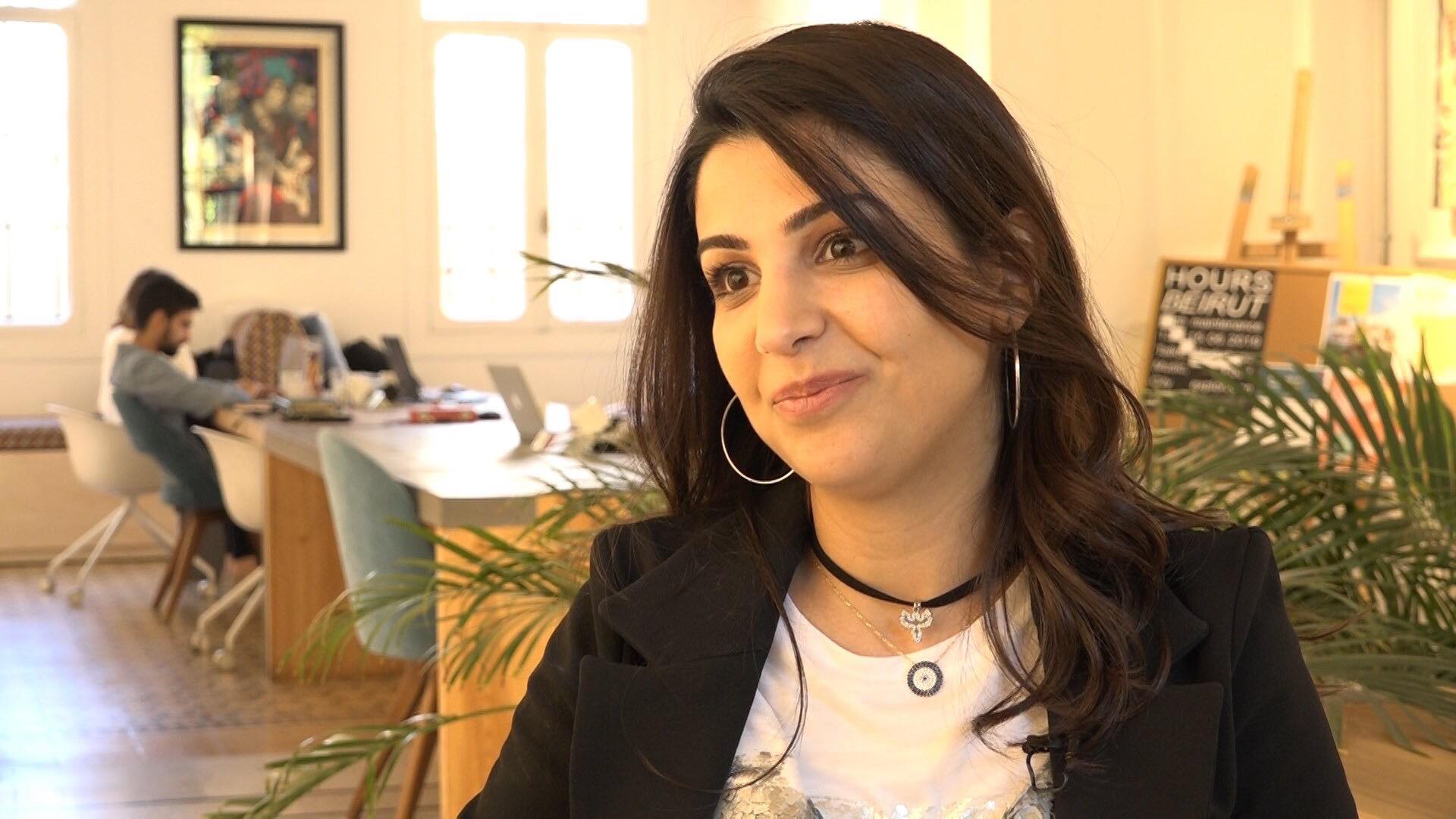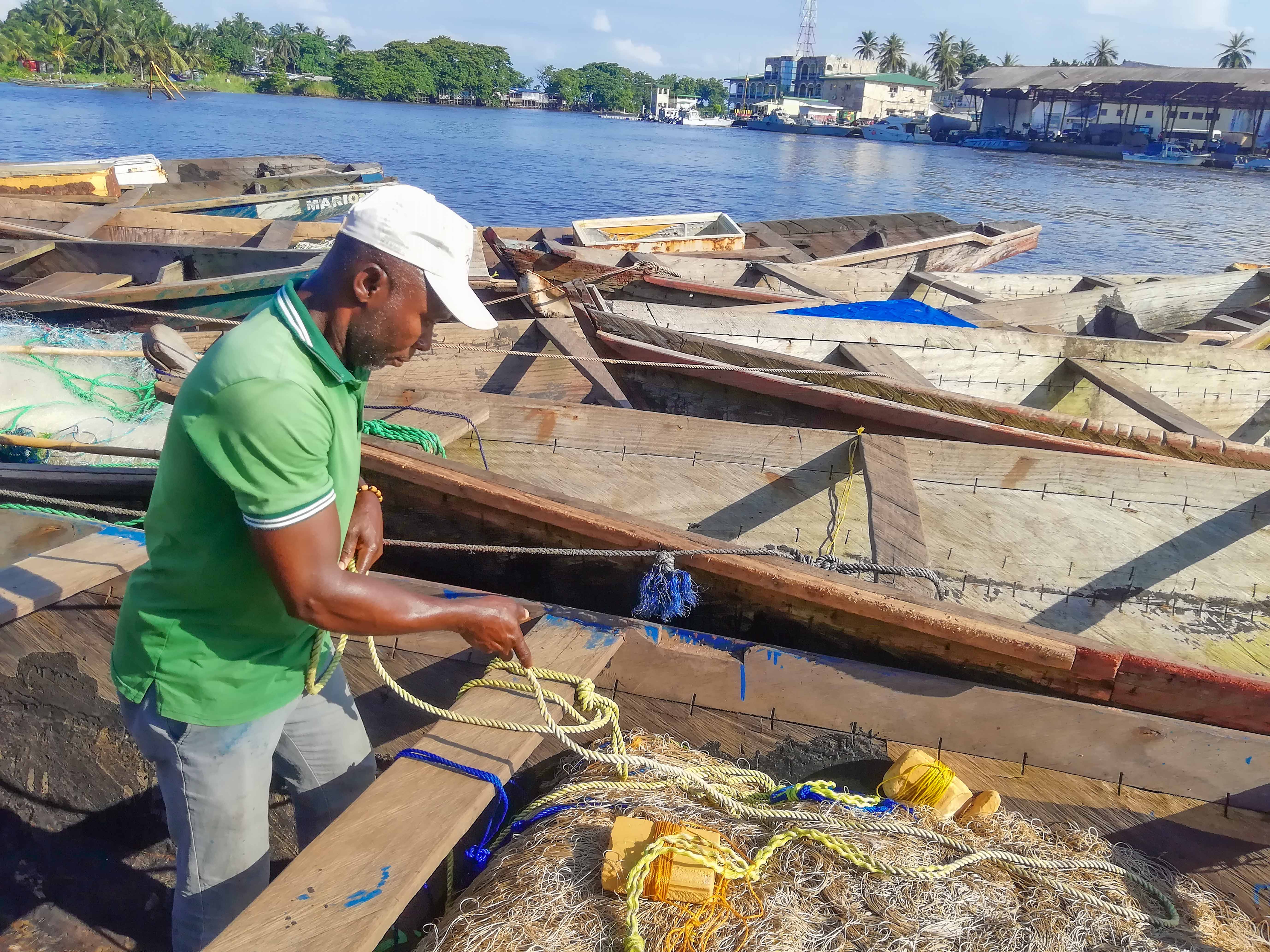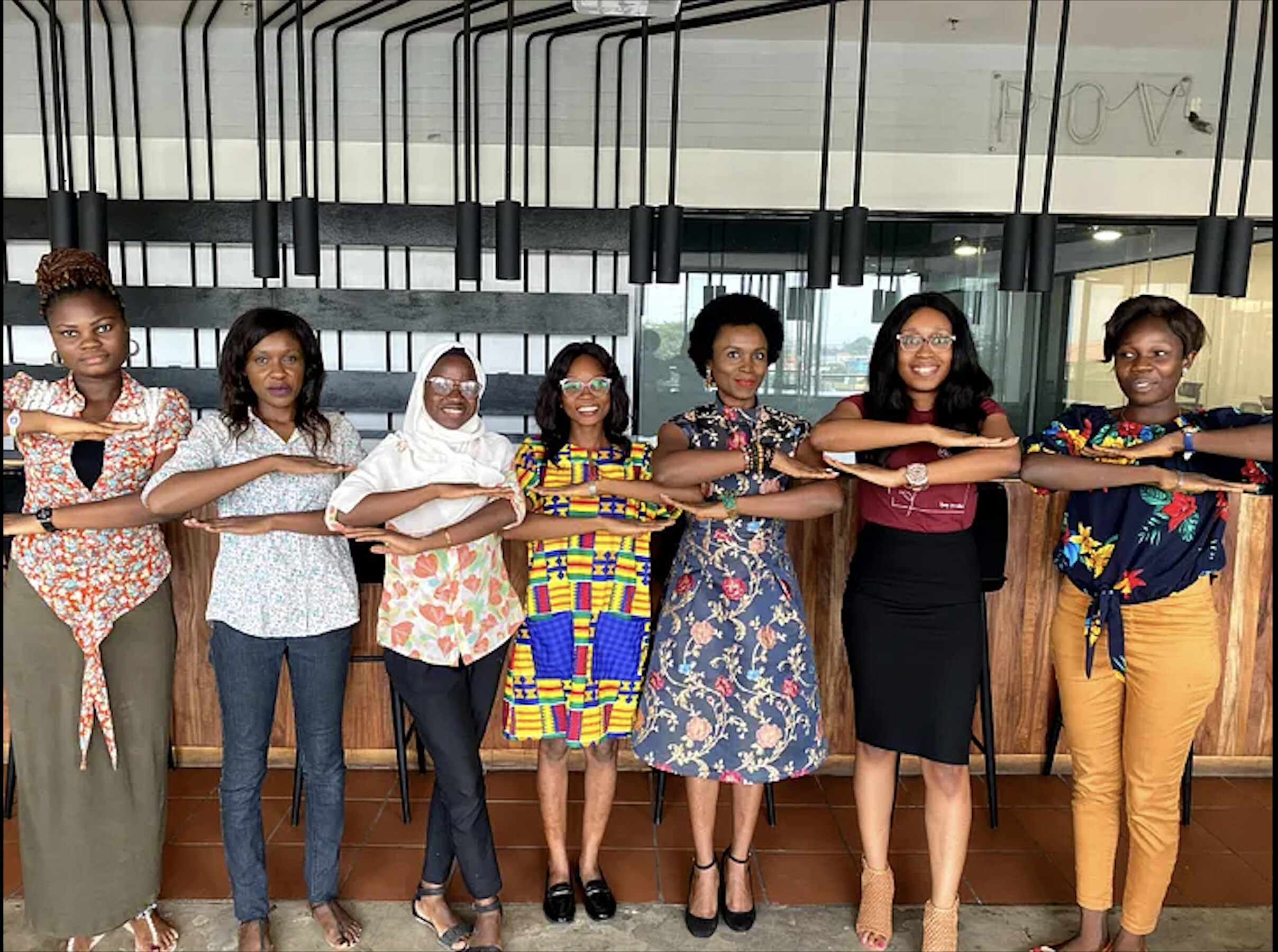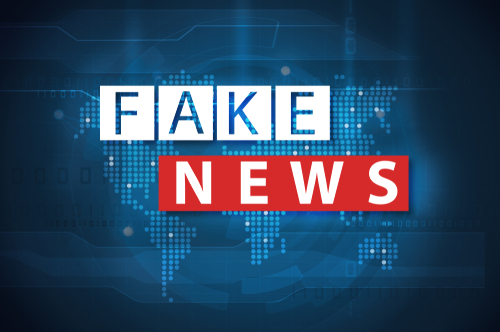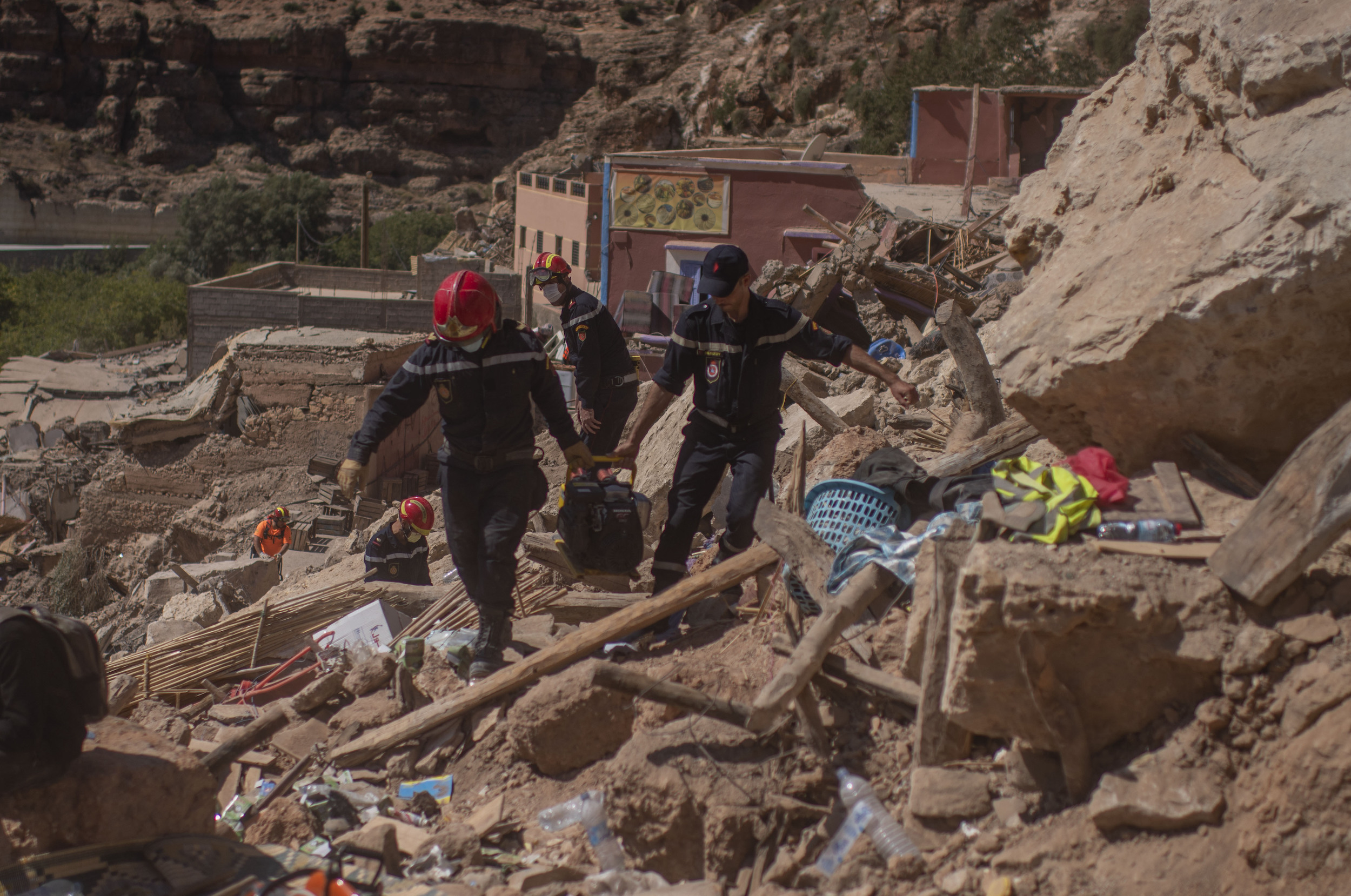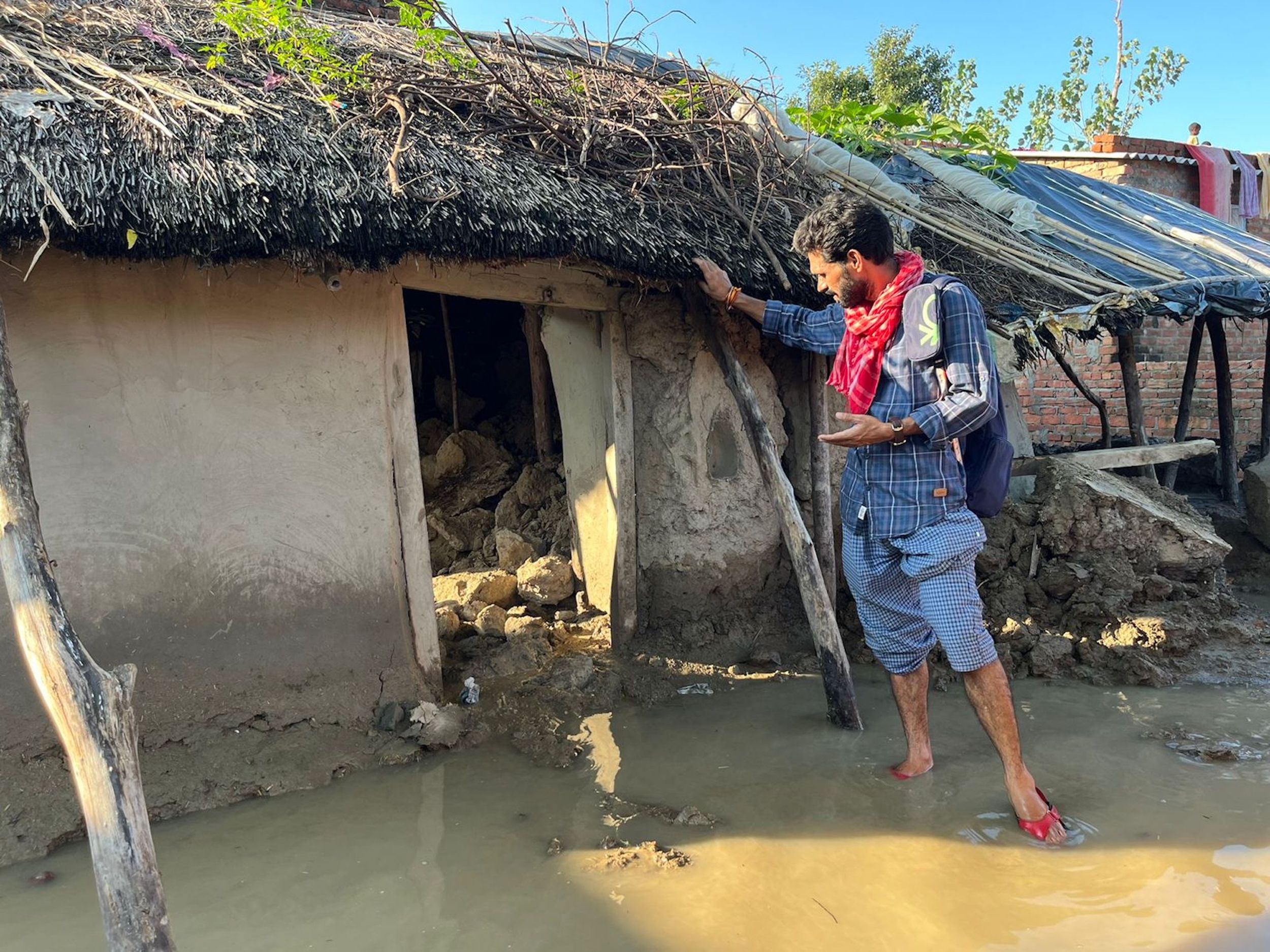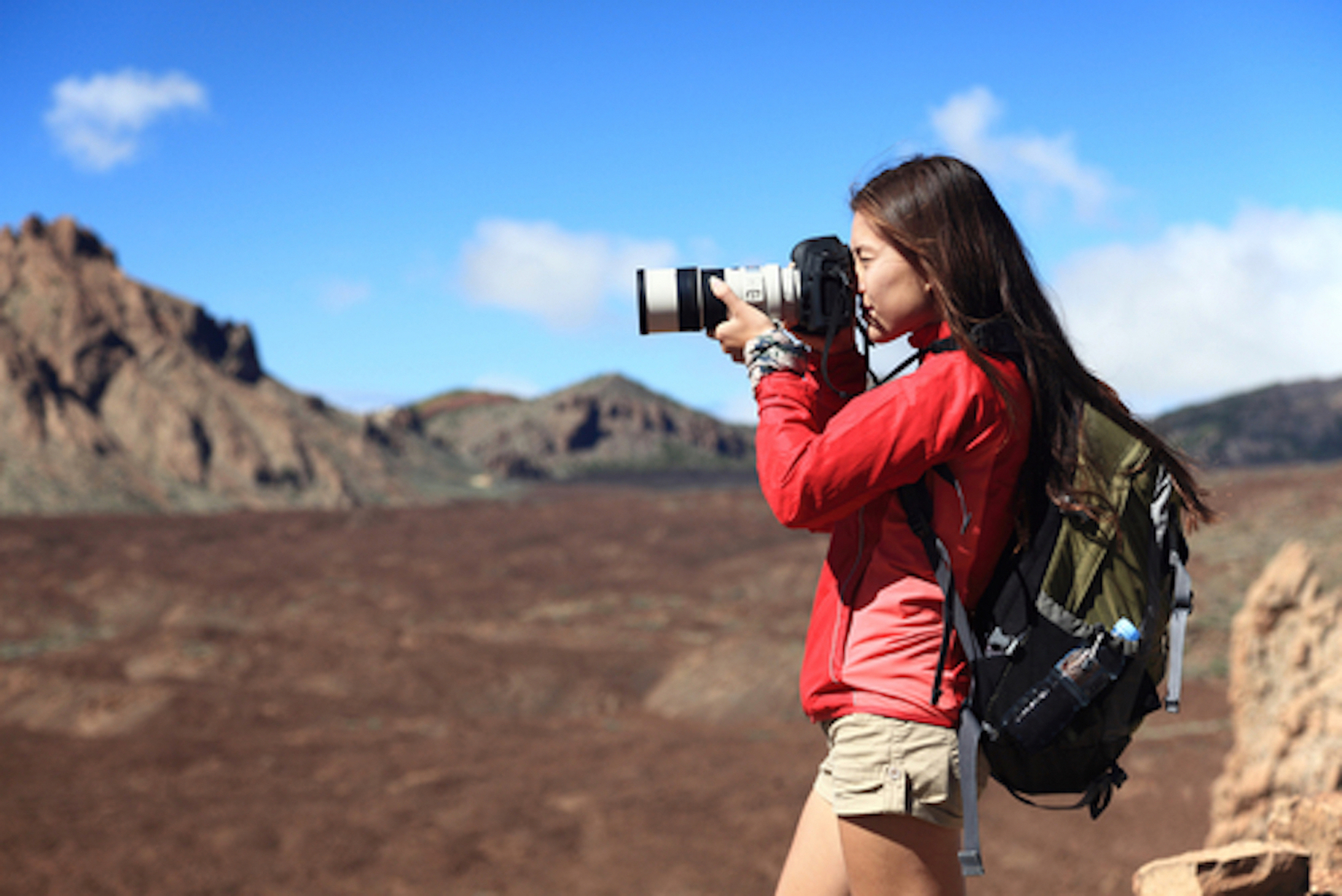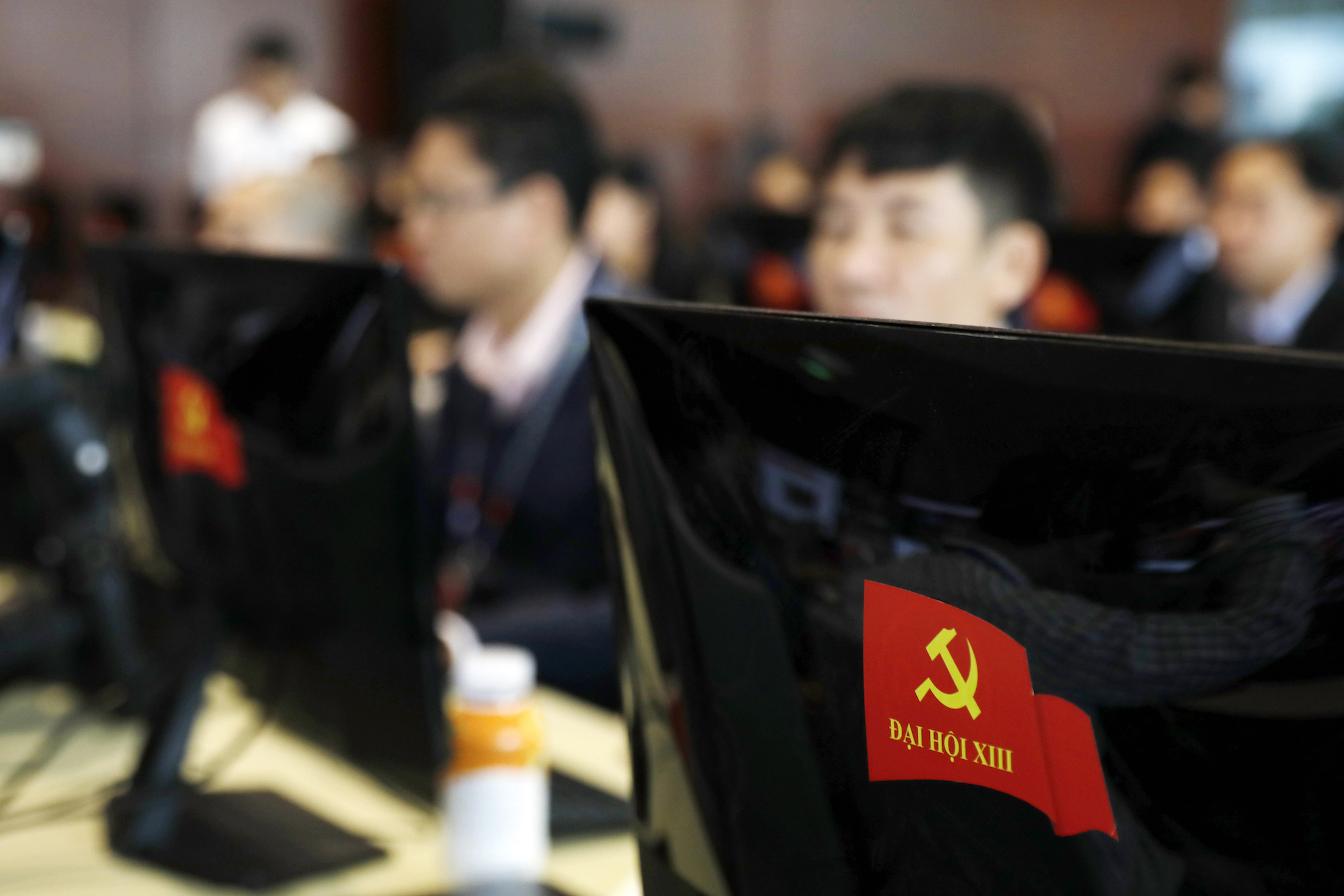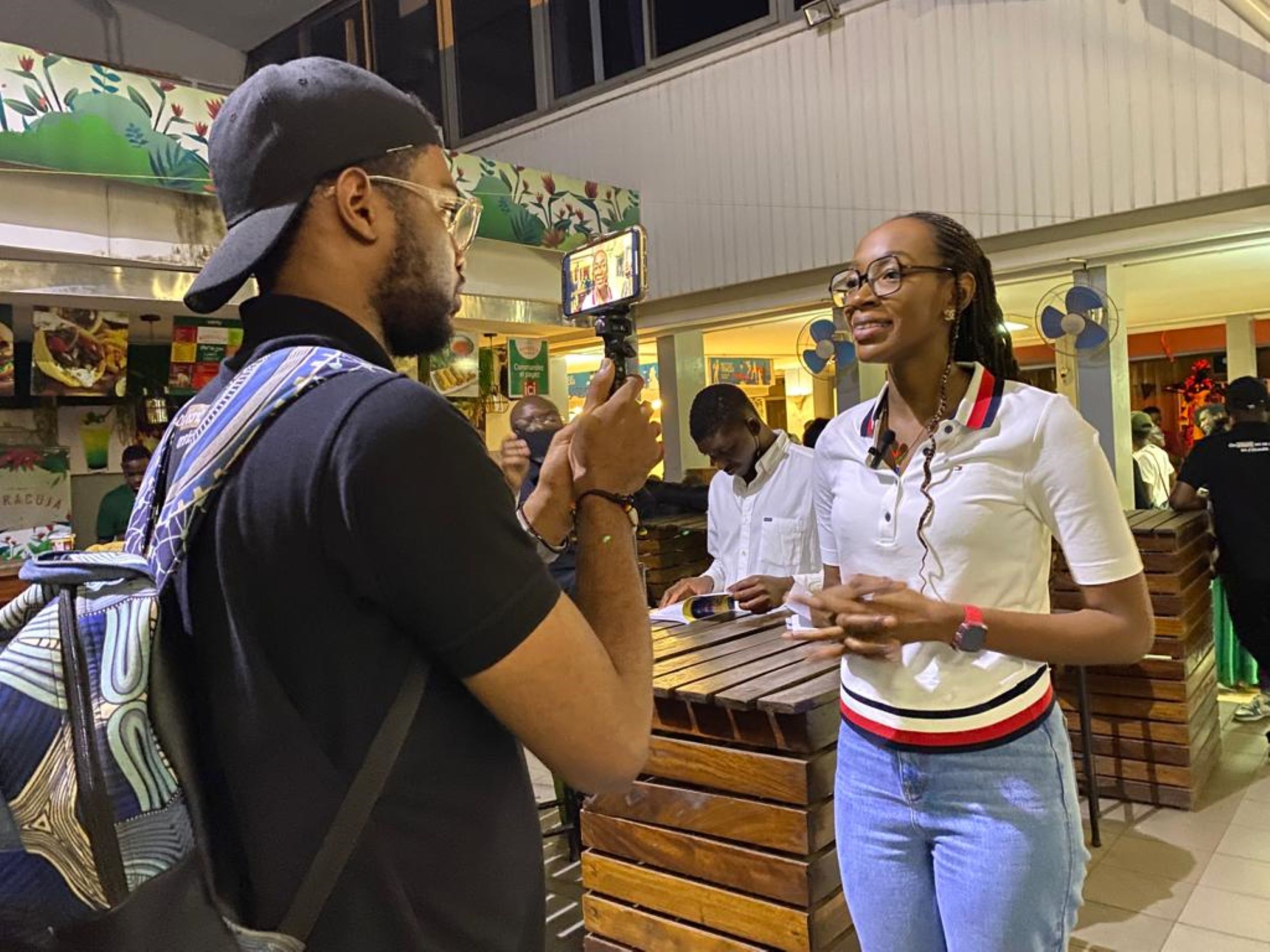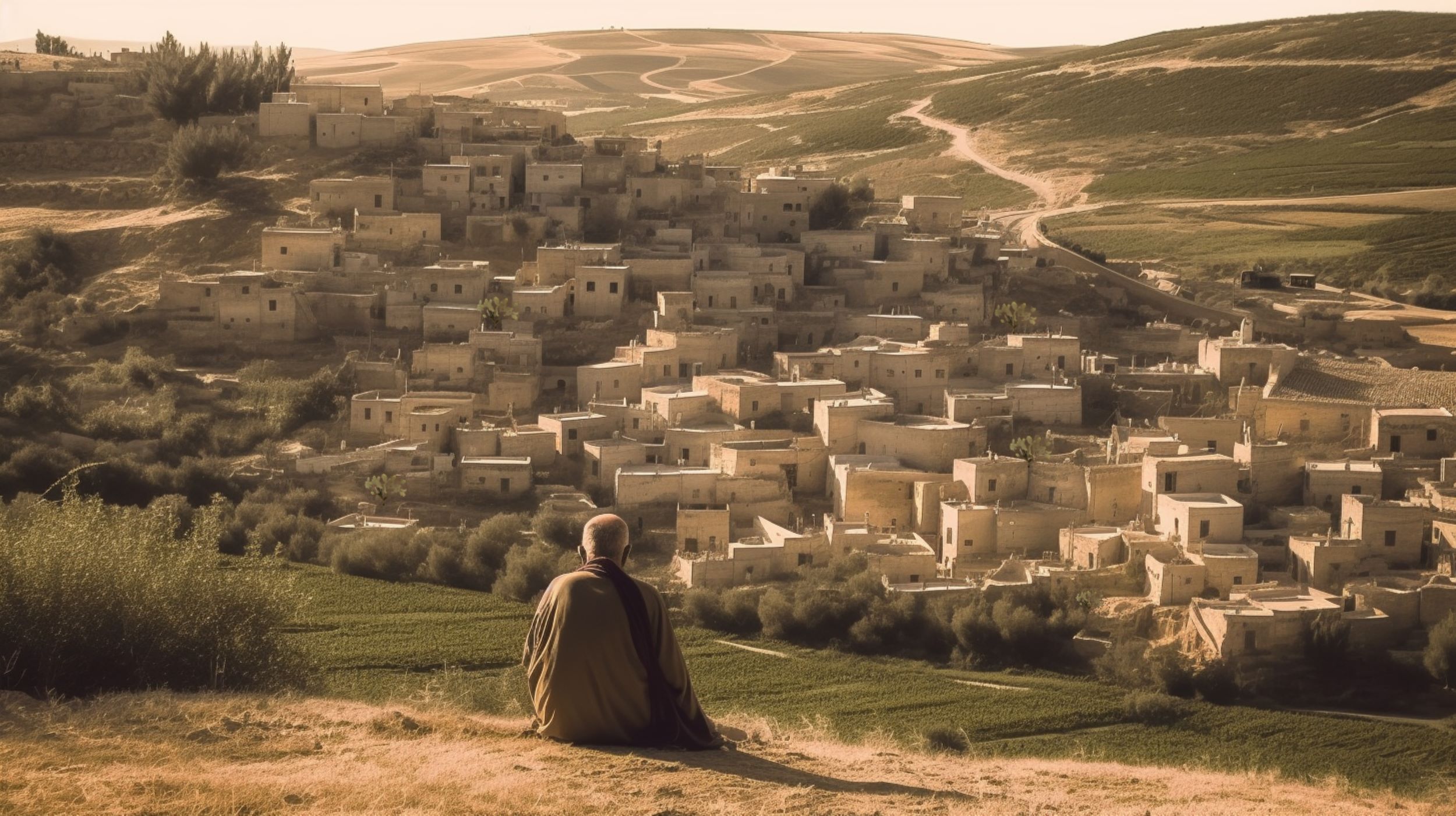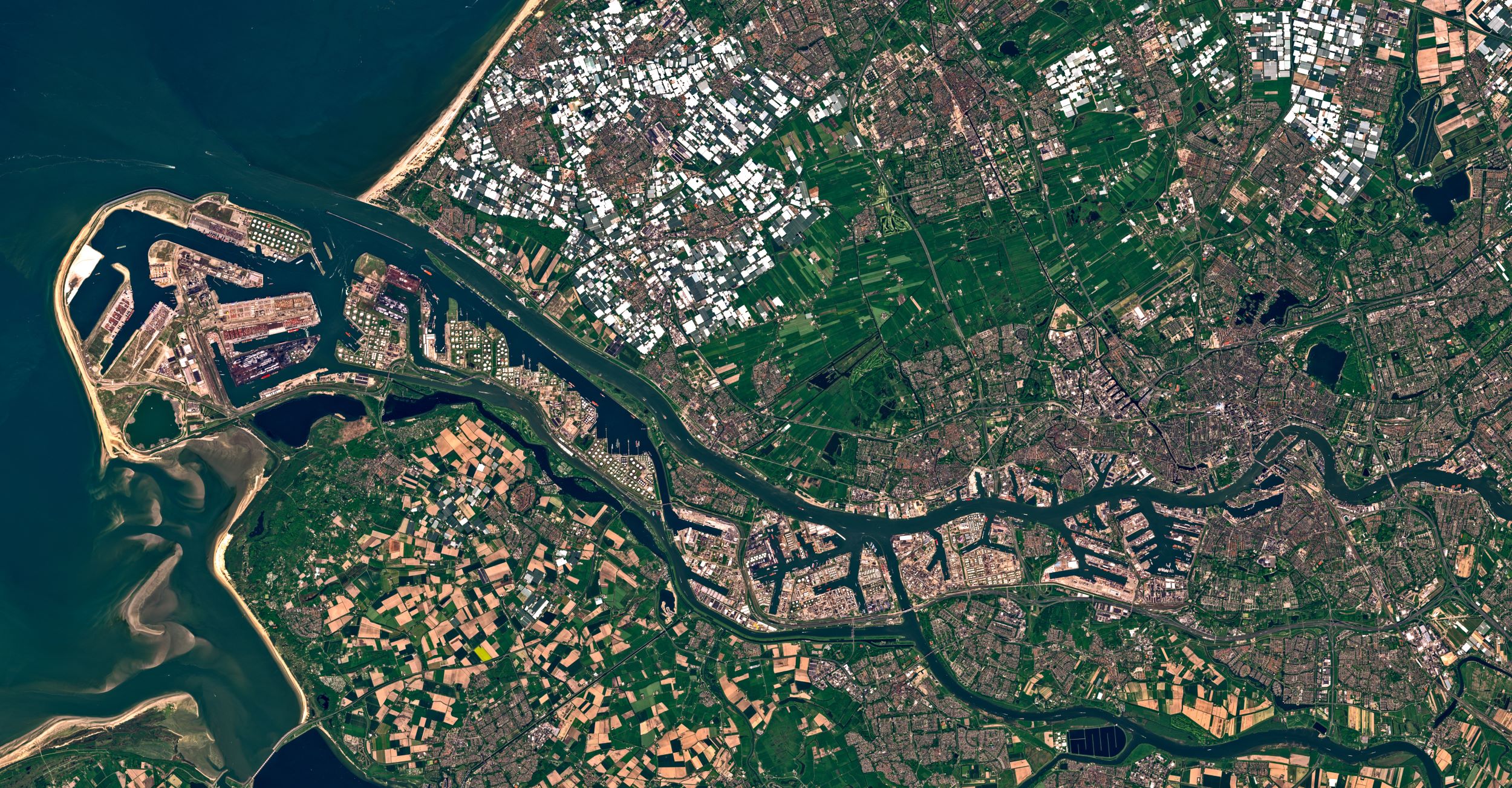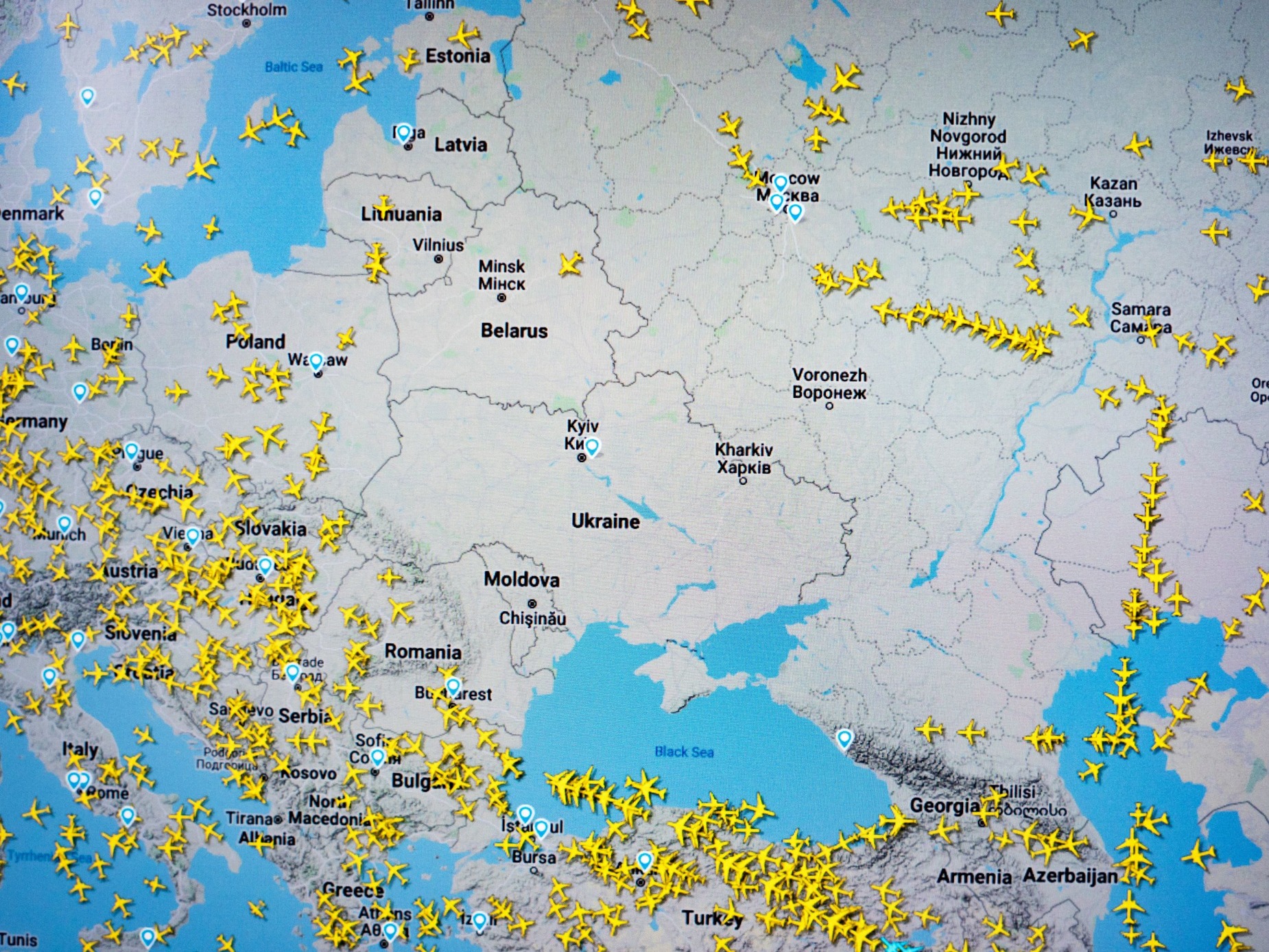قبل سنوات، كان على الصحفي العامل في جريدة ما، امتلاك مهارات الكتابة الصحفية والتمكن من كيفية إجراء التحقيقات والمقابلات ورسم الصفحة وما إلى هنالك من مهام، لكن الأمر اليوم بات مختلفاً، فهذه المهارات وحدها لم تعد تكفي في العصر الرقمي الذي نعيشه، خاصة أن الصحف نفسها باتت تواجه تحديات كبيرة في البقاء، وهذا الأمر انعكس على الصحفيين أنفسهم، إذ أصبح وجودهم مرتبطًا بقدرتهم على الالتحاق بالعالم الرقمي والاندماج فيه والتعرف على خصائصه.
نجح الكثير منا كصحفيين في الغوص في هذا العالم، وهذا ما أهّلهم ليصبحوا صحفيين رقميين. كان اكتساب المهارات الجديدة وتعلم أدوات العالم الرقمي سبباً في حصولهم على فرص عمل جديدة، مستفيدين من هذا العالم الواسع، من خلال حصولهم على المعلومة بسرعة أكبر وتكلفة أقل. كما فتح لهم المجال للتعلم عن بعد ومن خلف مكاتبهم ودون الحاجة أحيانًا إلى التسجيل في الجامعات ودراسة مناهج تعليمية. منهم من تمكن من فعل ذلك، ومنهم من لم يفعل لأسباب عديدة.
واقعيًّا، من الصعب الإحاطة بجميع التقنيات والأدوات الرقمية المتاحة اليوم، كما أن عملية البحث عنها تتطلب مهارة قد لا تتوفر لدى جميع الصحفيين، لكن ذلك لا ينفي أهمية إيجاد أدوات مخصصة للعمل الصحفي، ومساعِدة في اكتساب معارف جديدة.
عملية الاكتساب هذه قد تتم إلكترونيًّا، أو من خلال حضور ورشات عمل وتدريبات تقدم هذه الأدوات. وكل ما عليك فعله هو تكثيف البحث والتقدم لاكتساب ما تريده وإتقانه. الأمر ليس بهذه الصعوبة. وكلما أتقنتَ أداة جديدة، رفعتَ مؤهلاتك وخبرتك المهنية والعملية.
لكن المشكلة تكمن في عدم وجود أدوات محددة على الصحفي امتلاكها ليكون مؤهلا للخوض في غمار تجربة مهنية جديدة، إذ يتحكم بذلك المسمى الوظيفي والاختلاف بين المؤسسات الإعلامية والرقمية من حيث المؤهلات المطلوبة.
عالميًّا، لا توجد مؤهلات محددة يجب أن تتوفر في الصحفي المتقدم إلى الوظيفة، إذ كل واحدة من تلك المؤسسات تتفرد بمتطلبات خاصة بها حسب احتياجاتها، وهذا ما ينعكس تشتتًا لدى الصحفي الرقمي، حيث يصعب عليه معرفة أي من المؤهلات التي يتوجب عليه تطويرها.
أين الصحفيون اليوم من هذا التطور؟
أثناء تدريبي مجموعة من الصحفيين وطلاب الإعلام في الجامعات اللبنانية على أدوات غوغل المخصصة للصحفيين، شعرتُ بقلق سببه أن جميع المواد التي سأقدمها في التدريب متاحة مجانًا عبر غوغل مع شرح مفصل، لكنني تفاجأت أن المشاركين في التدريب لم يتعرفوا إليها من قبل، ولا يعلمون بوجودها.
أسباب كثيرة تحول دون استدلال الصحفيين على الأدوات الرقمية، أهمها عدم الترويج لها، حيث إن الشركات الكبرى والمسؤولين عن هذه الأدوات لا يعلنون عنها للجمهور المستفيد منها بطريقة واسعة تضمن وصولها إليهم. وإن فعلوا، تبقى الطريقة المعلنة غير فعالة، وضيقة الإطار. وعليه، يجب على هذه الشركات الوصول إلى الجمهور عبر البحث عنه والاتصال به.
في المقابل، تنظم بعض المؤسسات تدريبات وورش عمل بهدف تعريف الصحفيين على منتجاتها الرقمية ودعوتهم لاستخدامها في ميادين عملهم. لكن تبقى المشكلة في استقطاب الصحفيين، حيث إن نسبة كبيرة منهم لا يعرفون عن هذه الورشات، وإن علموا تبقى مؤهلاتهم غير كافية لقبولهم للمشاركة، حيث يقف عامل الخبرة عائقًا أمامهم. فكيف لهم تطوير خبراتهم ومهاراتهم بينما ترفض طلباتهم بسبب عدم حيازتهم على الخبرة الكافية.
من العوائق التي تمنع الصحفيين من تطوير مهاراتهم، غياب هذه الذهنية لدى أصحاب المؤسسات الإعلامية التي تمتنع عن الاستثمار في تطوير موظفيها، وتنظر إليهم على أنهم موظفون يقومون بواجباتهم فقط، وتقف عائقًا أمام تطوير مهاراتهم. يُترجم ذلك من خلال عدم السماح لعامليها بالمشاركة في ورشات تدريبية إلا بعد الاقتطاع من رواتبهم القليلة في الأصل، أو حتى من أيام الإجازة. إضافة إلى هذا، قلّما نسمع عن مؤسسات إعلامية تعاقدت مع شركات تمتلك أدوات رقمية بهدف تطوير الموظفين لديها.
وأخيرًا، بيئة العمل الصحفي عربيا ليست في أحسن أحوالها، إذ هناك تحديات كثيرة على الصحفيين تخطيها، من بينها إيجاد محتوى يهم الجمهور، وإنجاز مهامه كما يريدها المديرون والممولون. وهنا، ينغمس الصحفي في عمله دون التفكير في تحسين مهاراته، إذ يكون أقصى اهتماماته تسليم واجباته المهنية والذهاب إلى وظيفته الثانية أو إلى حياته.
هذه الأسباب وغيرها تجعل الصحفيين متأخرين عن ركوب قطار التكنولوجيا السريع، والتفويت على أنفسهم فرصة التطور والتقدم، علمًا بأن تحسين مهارات الصحفيين وإتقانهم لأدوات جديدة ينعكس على المحتوى الذي يقدمونه للجمهور، ويتحوّل إلى محتوى عصري ومبتكر بعيد عن المحتوى التقليدي الذي اعتاد الجمهور مشاهدته.
وليس هذا كل شيء، فالعالم الرقمي قسّم الصحفيين اليوم إلى رقميين وغير رقميين، بمعنى أنه خلق هوّة فيما بينهم، وأعطى الأفضلية اليوم للصحفي الذي يتقن تلك الأدوات والبرمجيات الرقمية الحديثة. لذا فإن المطلوب تكثيف الجهود في سبيل تحسين مهارات الصحفيين وتطويرهم، وخلق أرضية تجعلهم يلتقون في مكان واحد. وهذا من مسؤولية الأطراف الثلاثة: الشركات العالمية الكبرى، والمؤسسات الإعلامية والصحفية، والصحفيون أنفسهم.
روابط مفيدة للصحفيين:
https://newsinitiative.withgoogle.com/training/tools
https://newsinitiative.withgoogle.com/training/

